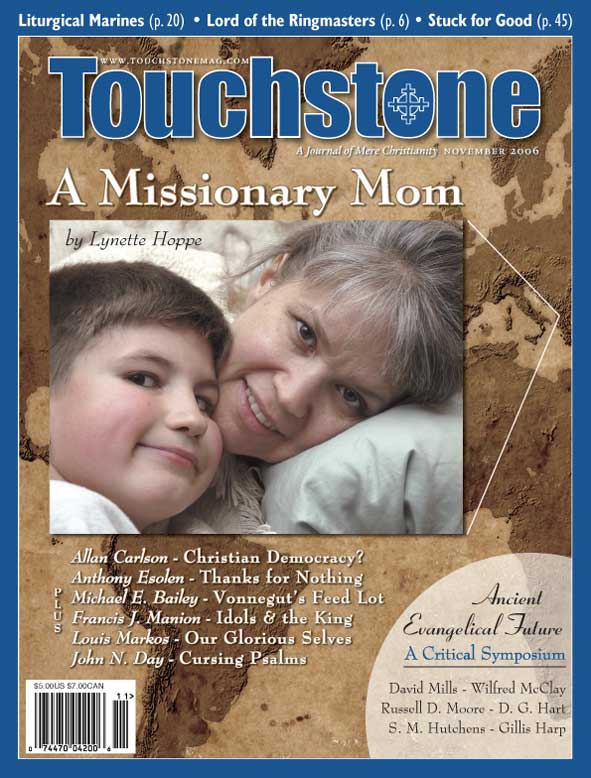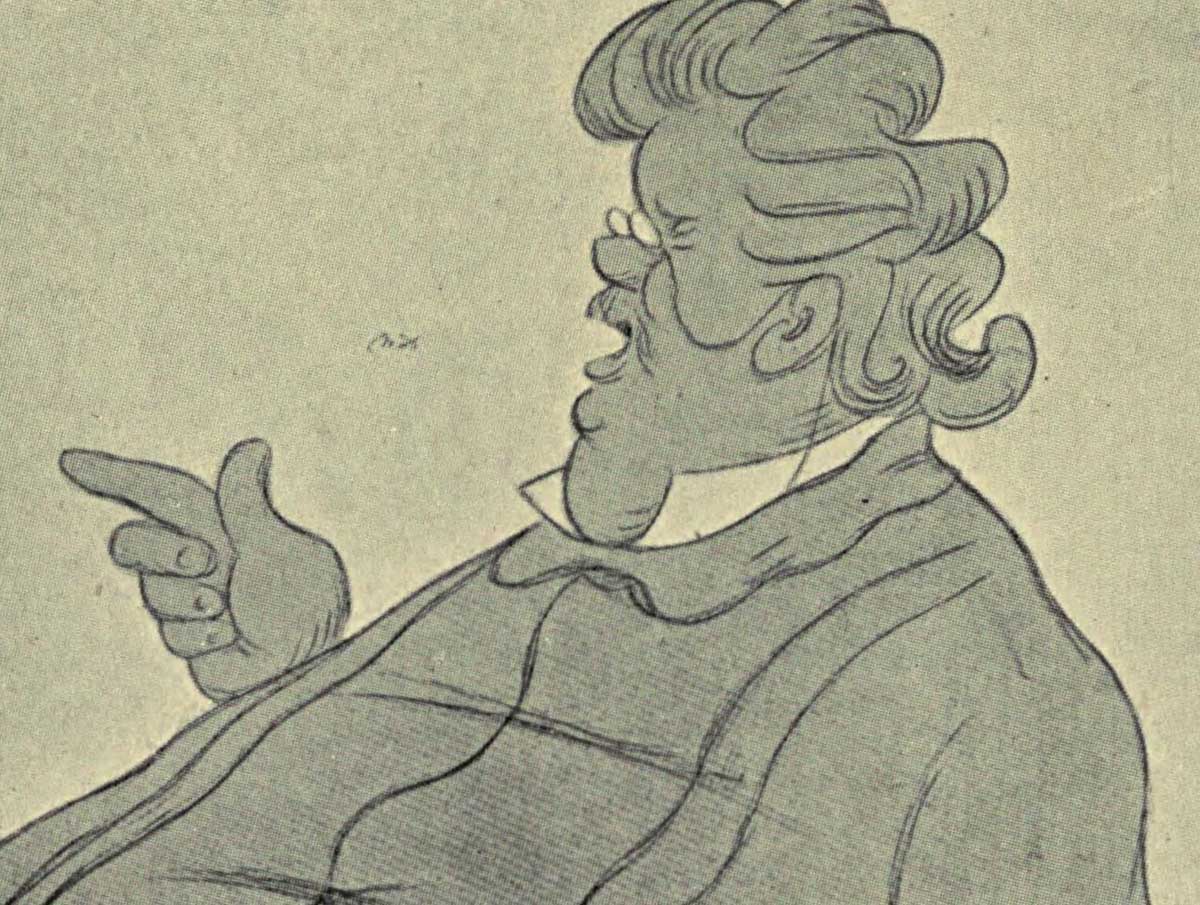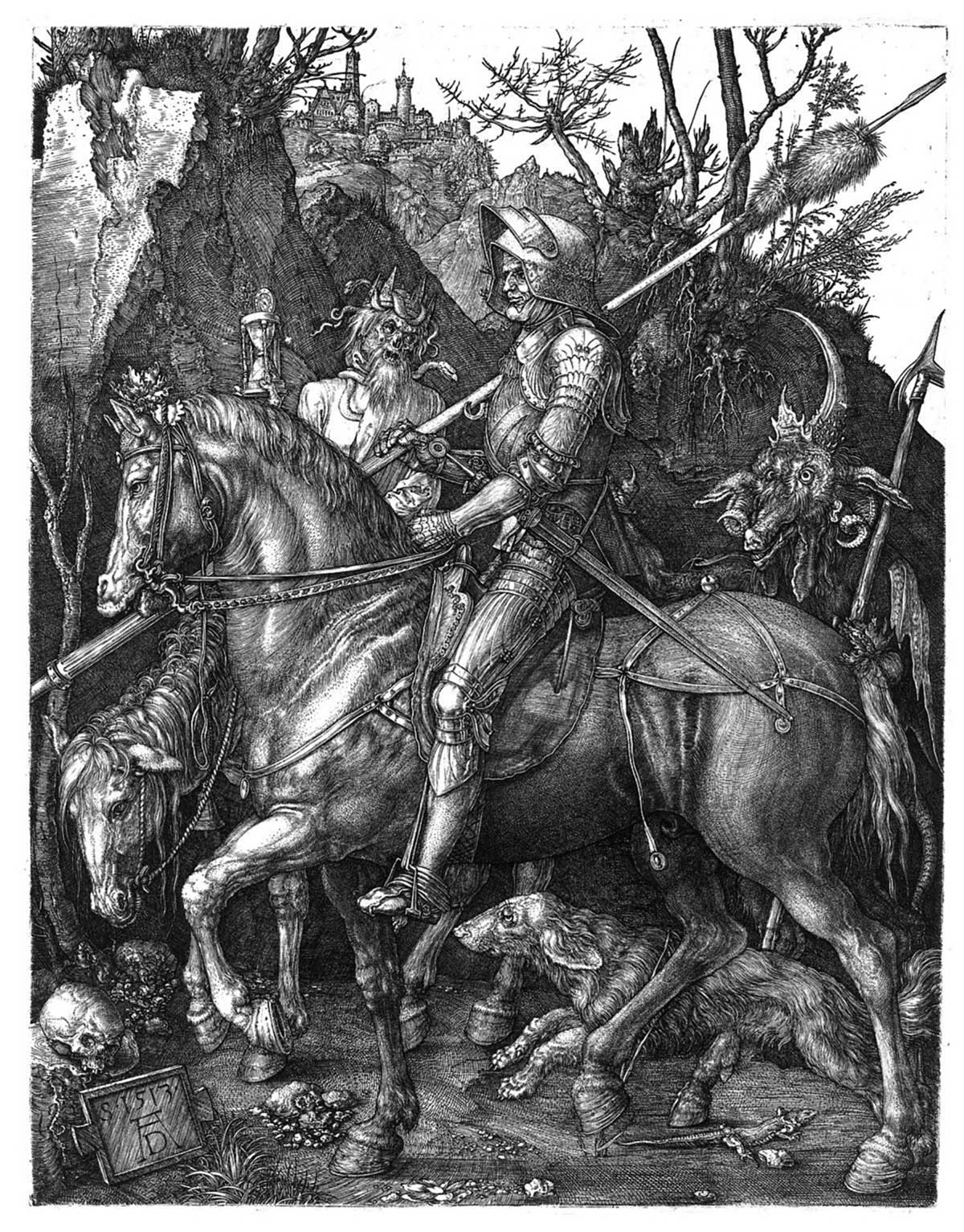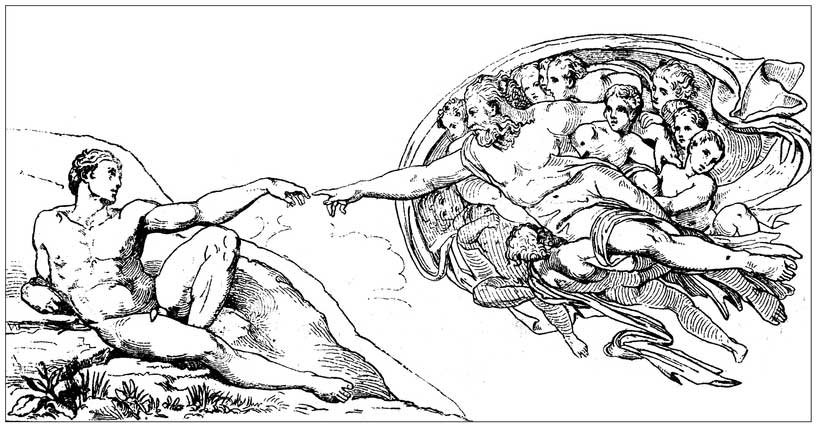Feature
The Long Culture War
The Christian Democratic Response to Modernity & Materialism
by Allan Carlson
During his address to the 1992 Republican National Convention, Pat Buchanan delighted his supporters and appalled progressive Republicans when he declared that the election was “about much more than who gets what. It is about who we are. . . . There is a religious war going on in our country for the soul of America. It is a cultural war, as critical to the kind of nation we will one day be as was the Cold War itself.”
The term “culture war” popularly dates from this speech, yet its true origin actually reaches back over a century and across the Atlantic. During the 1870s, the then new German Empire launched a broad assault on religious liberty and family autonomy, a campaign called Kulturkampf. Its principal target was the influence of the Roman Catholic Church, from which it tried to wrest control of educational and cultural institutions.
Culture War Children
Perhaps the most important, if unintended, result of this original culture war was to encourage a still-amorphous political movement called Christian Democracy, in Germany and elsewhere in Europe. This experiment in applying Christian principles to popular modern governance developed its own history of triumph and tragedy, and it offers lessons for twenty-first-century Americans also trying to apply Christianity to modern democratic politics.
It is said that the twentieth-century Chinese Communist leader Zhou Enlai, when asked what the impact of the 1789 French Revolution had been on human affairs, replied: “It’s too soon to tell.” His answer rings true. The revolutionaries of 1789 unleashed passions and ideas that continue their work. Many of them directly target religious and family relations, including the leveling idea of equality, the denial of tradition, a celebration of the state, and the choice of rationalism over revelation.
Christian Democracy rose as a somewhat delayed response to events in France. As a prominent early Christian Democrat explained, 1789 marked “the birth year of modern life,” which he also described as “the catastrophe of 1789.” Indeed, one of the most successful Christian Democratic parties (that in the Netherlands) would take the name the Anti-Revolutionary Party in the late 1870s and would retain it until just two decades ago.
During the late nineteenth century both Catholic and Protestant versions of Christian Democracy developed. By the 1920s, Christian Democratic parties could be found in Germany, Italy, Belgium, and France, as well as the Netherlands. The movement showed an almost revolutionary energy and influence in the two decades after World War II. Disoriented by the events of the 1960s, Christian Democracy showed new vigor again in Eastern Europe at century’s end.
Not Conservative
Authentic Christian Democracy, I hasten to add, has not been simply another name for “conservatism.” Unlike European conservatives, the Democratic Christian goal has not been to defend the remnants of the old feudal order, nor existing class structures, nor persons of wealth. Nor has it simply been the “rural” or “country” party, defending the interests of small farmers while ignoring the urban, industrial order.
Instead, the movement should be seen as a distinctly Christian response to modernity, one with its own platform. To begin with, its founders understood the French Revolution as unleashing—in the Dutch Reformed leader Abraham Kuyper’s words—an “appalling anti-Christian world power that, if Christ did not break it, would rip this whole world forever out of the hands of its God and away from its own destiny.” “It would,” he added, “be utterly absurd for a person to take . . . a confession of Christ on [his] lips and ignore the consequences that flow directly from it for our national politics.”
Allan C. Carlson is the author of numerous books, including Family Questions: Reflections on the American Social Crisis and The American Way: Family and Community in the Shaping of the American Identity. He attends St. Paul Lutheran Church in Rockford, Illinois. He is a senior editor of Touchstone.
subscription options
Order
Print/Online Subscription

Get six issues (one year) of Touchstone PLUS full online access including pdf downloads for only $39.95. That's only $3.34 per month!
Order
Online Only
Subscription

Get a one-year full-access subscription to the Touchstone online archives for only $19.95. That's only $1.66 per month!
bulk subscriptions
Order Touchstone subscriptions in bulk and save $10 per sub! Each subscription includes 6 issues of Touchstone plus full online access to touchstonemag.com—including archives, videos, and pdf downloads of recent issues for only $29.95 each! Great for churches or study groups.
Transactions will be processed on a secure server.
more from the online archives
calling all readers
Please Donate
"There are magazines worth reading but few worth saving . . . Touchstone is just such a magazine."
—Alice von Hildebrand
"Here we do not concede one square millimeter of territory to falsehood, folly, contemporary sentimentality, or fashion. We speak the truth, and let God be our judge. . . . Touchstone is the one committedly Christian conservative journal."
—Anthony Esolen, Touchstone senior editor









